According to polling conducted by Concrete Ontario of its members, there are now between 60 to 70 women ready-mix concrete drivers in the province.
The association represents about 96 per cent of all ready-mix concrete production and is comprised of more than 270 certified ready-mixed concrete plants and over 3,700 certified concrete mixer trucks.
A major pathway, albeit in a limited way, for women and underrepresented groups to become drivers was a $1.3-million provincial grant which allowed the Women’s Trucking Federation (WTF) to provide 200 hours of free training needed to obtain AZ (tractor-trailer) and DZ (straight truck) licenses.
There were 54 participants in the Bridging the Gap program which ran from April 2023 to March of 2024 and consisted of two weeks of soft skills training, eight weeks of actual driving training at approved teaching centres, and a four-week placement process, says federation president Shelley Walker.
Of those 54 participants, 50 did enter the trucking industry, although she is not quite sure how many specifically chose the concrete sector. Based on feedback those participants have provided, she is convinced of the program’s value.
“We’re still getting updates. From what we’re hearing many say this is the first time they have felt valued in the workplace. I think that is important.”
The federation should be congratulated for its efforts facilitating the entry of well-trained drivers into the industry, says Concrete Ontario president Bart Kanters.
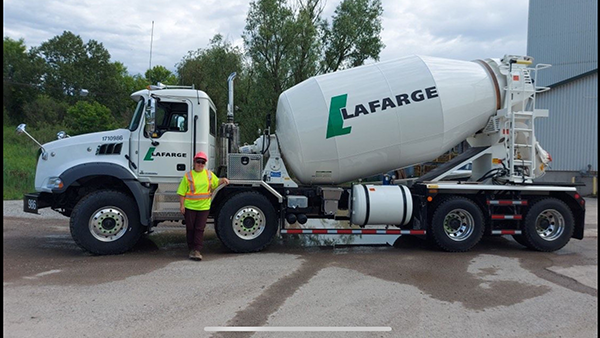
Ontario’s ready-mix producers provided logistical support, including letters that accompanied the grant application, he adds.
“It (the program) was a wonderful experience. I think all truck drivers should take it,” says graduate Erika Oehlschlager, who is now working as a ready-mix concrete driver based out of the CBM St. Marys Cement plant in Toronto’s Leaside area.
For five years Oehlschlager was a self-employed truck driver making furniture deliveries throughout the Greater Toronto Area. But hauling furniture is physically demanding and the work is not very secure, she says.
So, after learning about the Bridging the Gap program, she applied and was accepted in October 2023, graduating in December. In February of this year she was hired by CBM, one of the program’s sponsors. A recommendation from the WTF helped her secure the position, she says.
Each working day begins with an inspection of her personal protection equipment and truck, which then has to be prepped, a process that includes water and fibres to meet the specific requirements of the client. She has a two-hour time window, which includes the preparation duties, to deliver the concrete to a jobsite or it may be rejected by the client.
Asked about the challenges of meeting that timeframe while navigating the heavily congested highways and streets of the Greater Toronto area, she explains CBM selects plants that are closest to the jobsite. At the end of each working day, she receives a notice of which plant she will be reporting to the next day.
Having patience is a vital attribute in dealing with slow moving traffic. As well, she copes with the stress of the job through a regular exercise routine, eating healthy and getting lots of sleep.
Reflecting on her workplace change, Oehlschlager says she has no regrets and urges other women to consider a career as a concrete delivery driver.
“We women can do this work.”
Certainly, veteran driver Darlene Shaw would agree. Based at Lafarge’s plant in Guelph, Ont., she might be considered a trailblazer in her field. She has been at that plant for 25 years.
Not only is she the plant’s senior driver, she also serves as back-up dispatcher if the dispatcher is sick or on holidays. Her career path at driving began she was only in early 20s.
“I was looking for a change, got into the business with the help of my father who was a ready-mix driver for 20 years as well. Everyone at Lafarge was very welcoming.”
��������ion foremen and superintendents were a little less welcoming and in the very early years of her career she encountered what she describes as “automatic tension” when arriving at sites.
There is there is still some bias against women in what is a predominantly male-dominated industry, she says.
Asked about the challenges of driving an 80,000-pound top-heavy ready-mix concrete truck, she says “you have to overcome your fear.”
That’s a very real consideration for potential new drivers. But there are other considerations including job satisfaction and the financial compensation.
“I enjoy working with an amazing workforce and working outdoors. I am also a single mother who owns her own home.
“If you think you could be a good fit (as a driver), give it a try. What do you have to lose?”


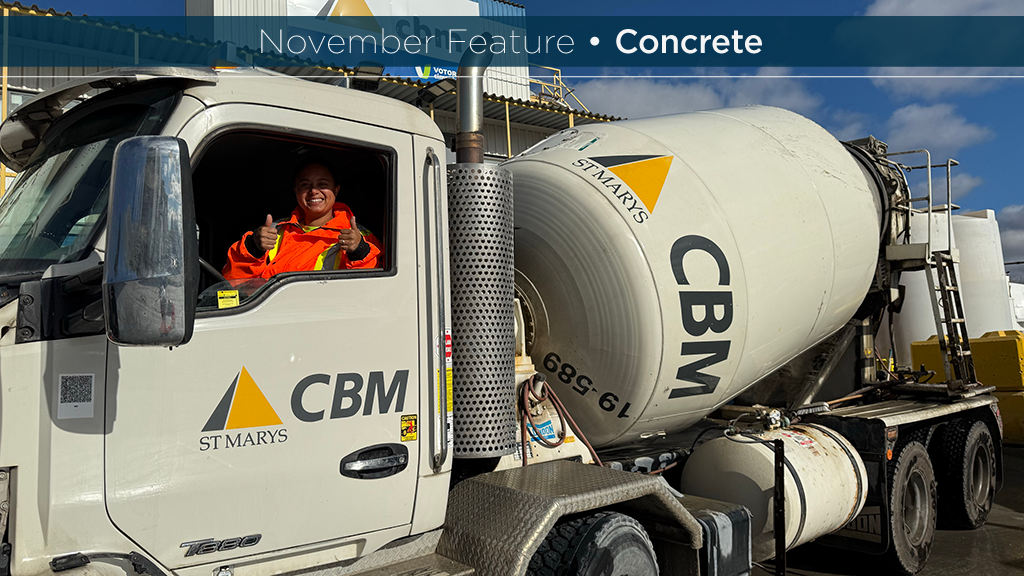


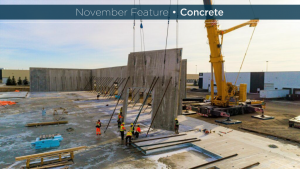



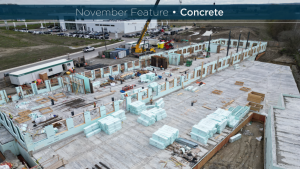
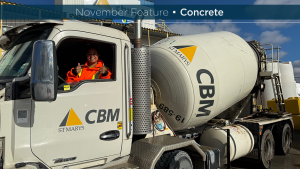
Recent Comments